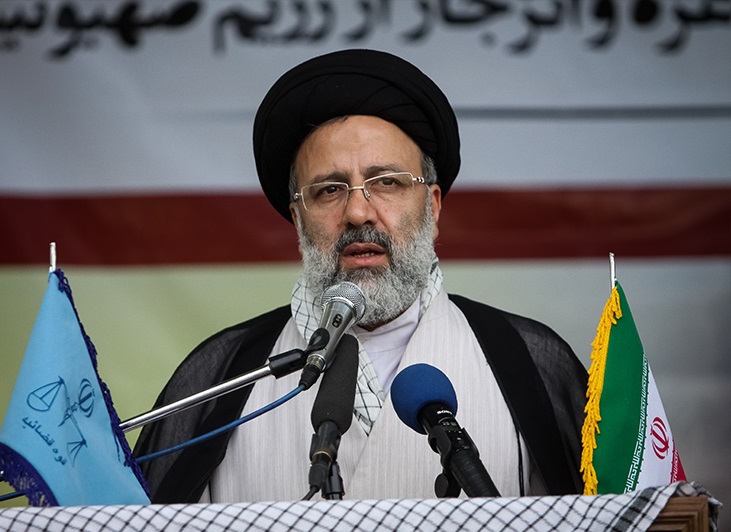China and Iran: Using Material Power to Push Back in Nuclear Program Negotiations

Iranian president Ebrahim Raisi
Morgan Aikele- After more than 18 months of careful negotiations to contain Iran’s nuclear program, many U.S. officials are worried that they are approaching a dead end. Iran has grown bolder in their demands for concessions at the eleventh hour, including a stipulation that the International Atomic Energy Agency discontinue their investigation into Iran’s past undeclared nuclear activity. One major factor allowing Iran’s boldness is new growth in their material power, provided in large part by China.
Material power refers to the power a country wields because of its “things” -- its economy, national industrial strength, military might, and/or the education level and size of the population. Widely considered an energy superpower due to its share of the world’s proven oil reserves and gas reserves, Iran has historically been considered materially powerful to some degree. However, government corruption, two rounds of U.S.-led crippling economic sanctions, and the COVID-19 pandemic have resulted in an Iranian economy “frozen at pre-2012 levels or worse.” China’s actions as of late, then, are helping to reinstate Iran’s boldness on the global stage by boosting its material power. Indeed, China is now by far the largest purchaser of Iranian oil and buys even more than it did before the last round of sanctions was instated. Purchasing around 700,000 barrels of oil per day, according to the nonprofit organization United Against a Nuclear Iran, has made China “principally responsible for keeping the Iranian regime in business,” with total expenditures reaching $38 billion since January 2021. When a country retains a powerful economy, military, or industrial force, it becomes materially powerful relative to other countries. In this light, it is easier to see why Iran feels emboldened in talks with the United States to demand greater concessions.
We can understand Iran’s increased resistance to the U.S. by considering ideological power. Ideological power refers to a country’s ability to get other countries to accept their agenda willingly, without looking seriously at other options. The United States’ ideological power has perhaps worn thin with Iran, considering that Iran has economic support from China, another major world power. This causes Iran to look to their other options first, and in response, the U.S. is escalating the use of its material power by using sanctions against many Chinese entities that support Iran.

